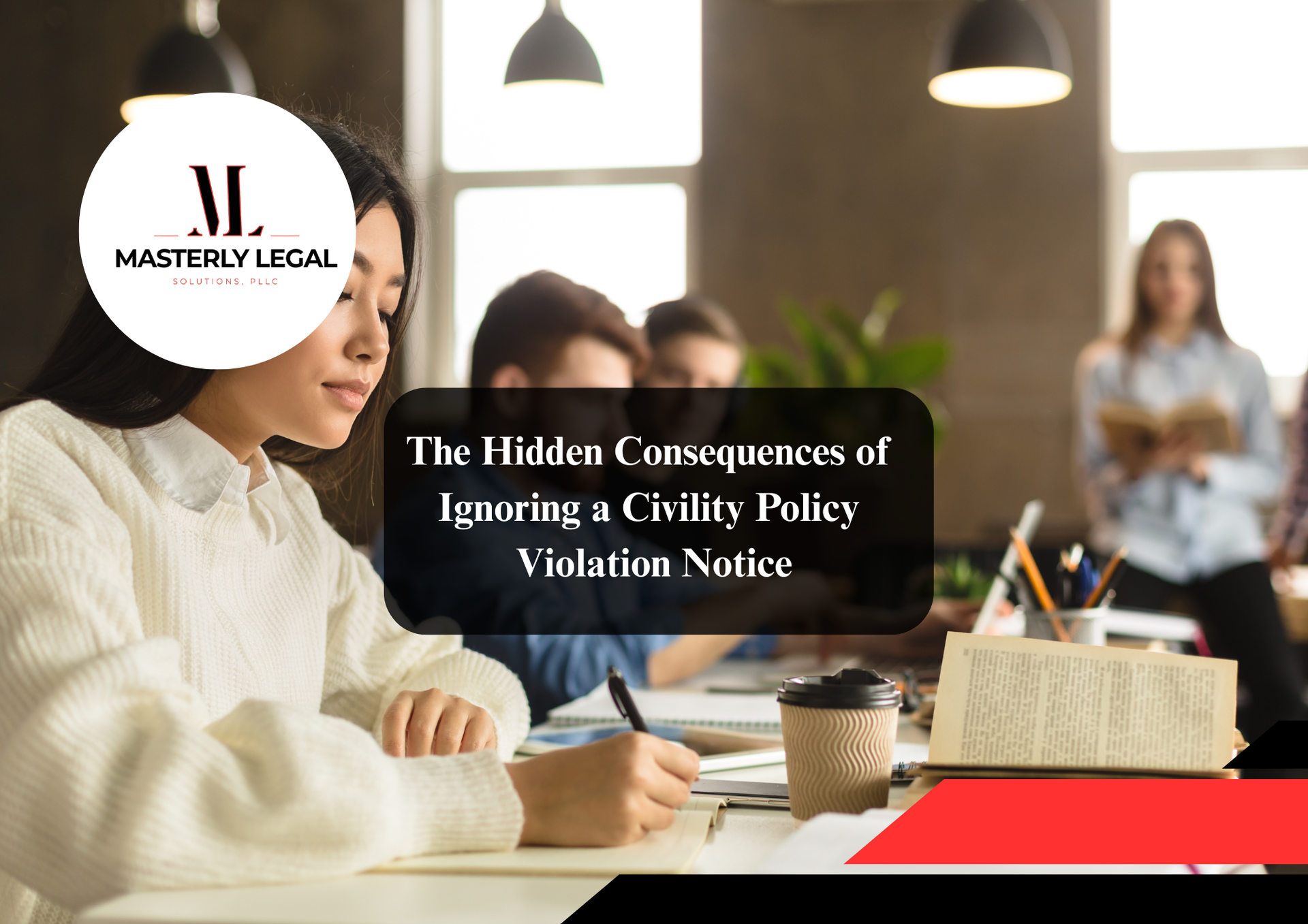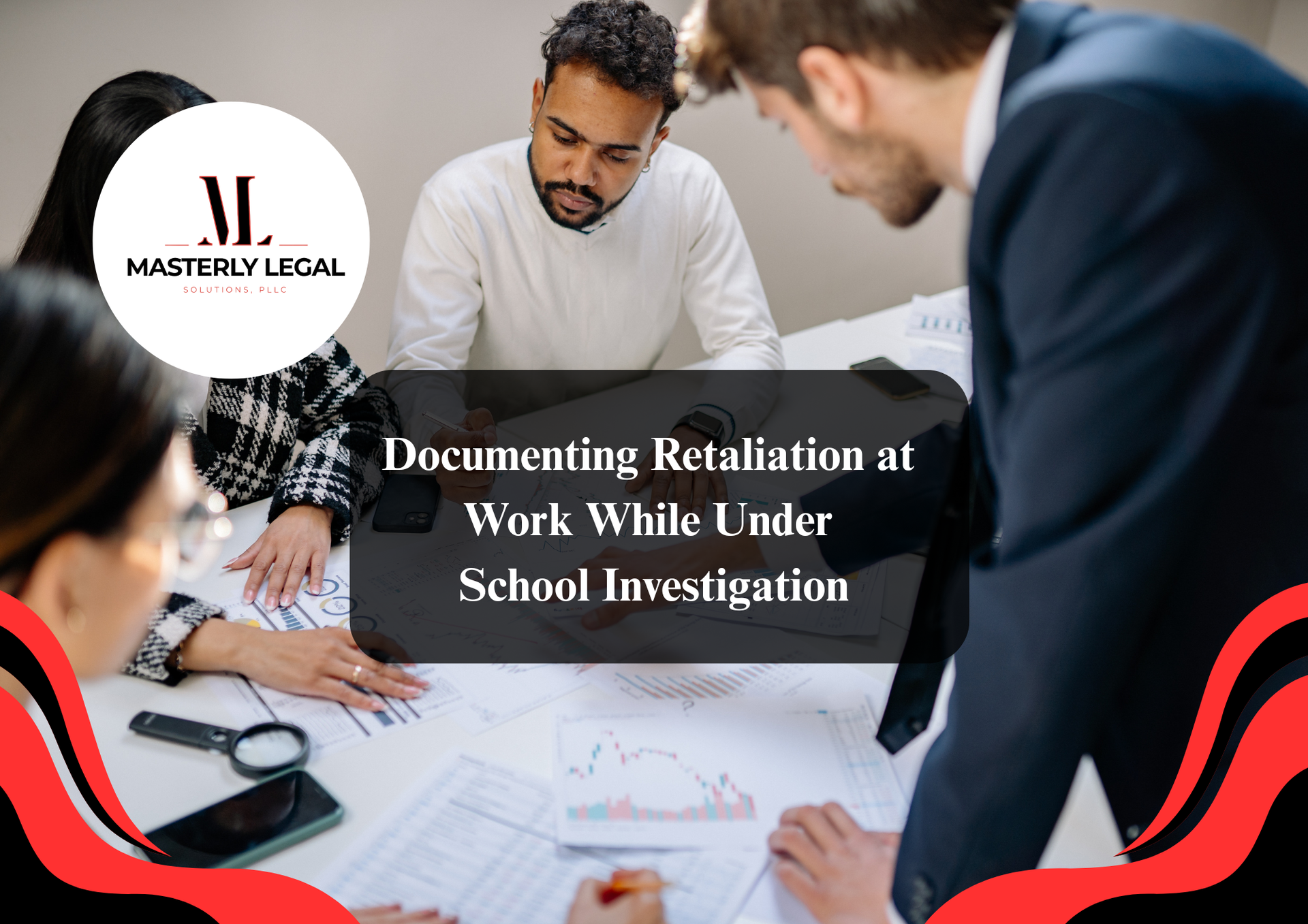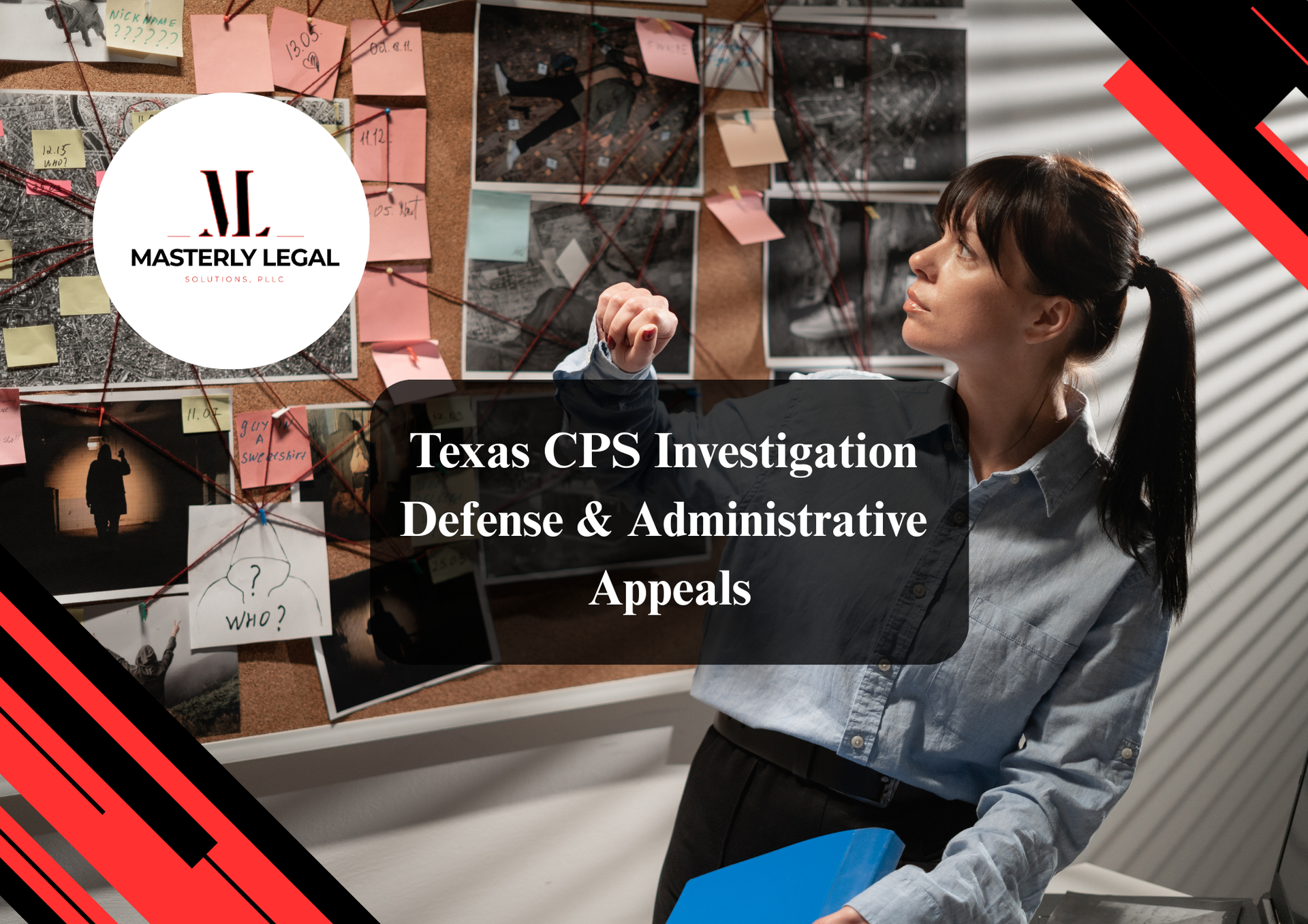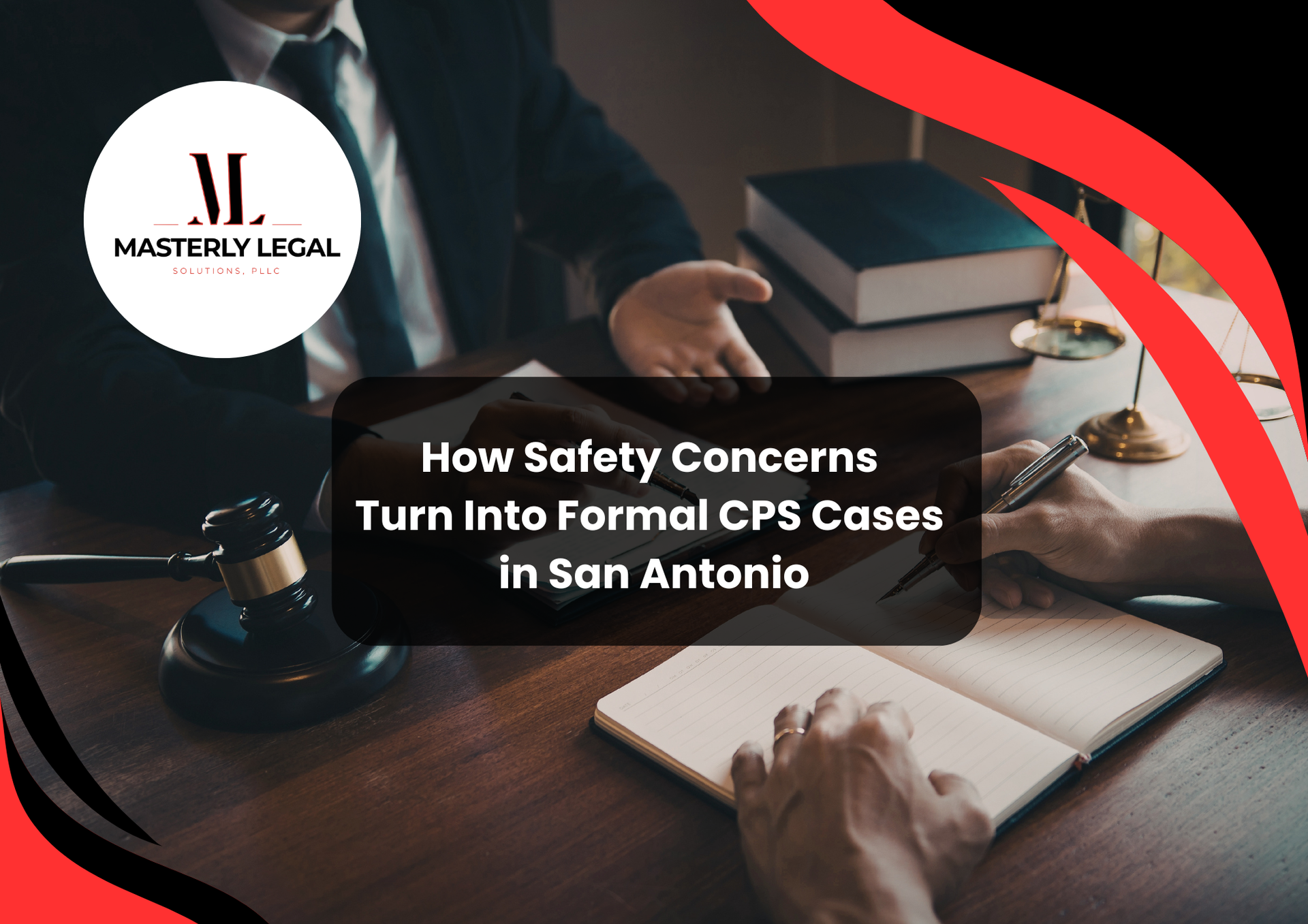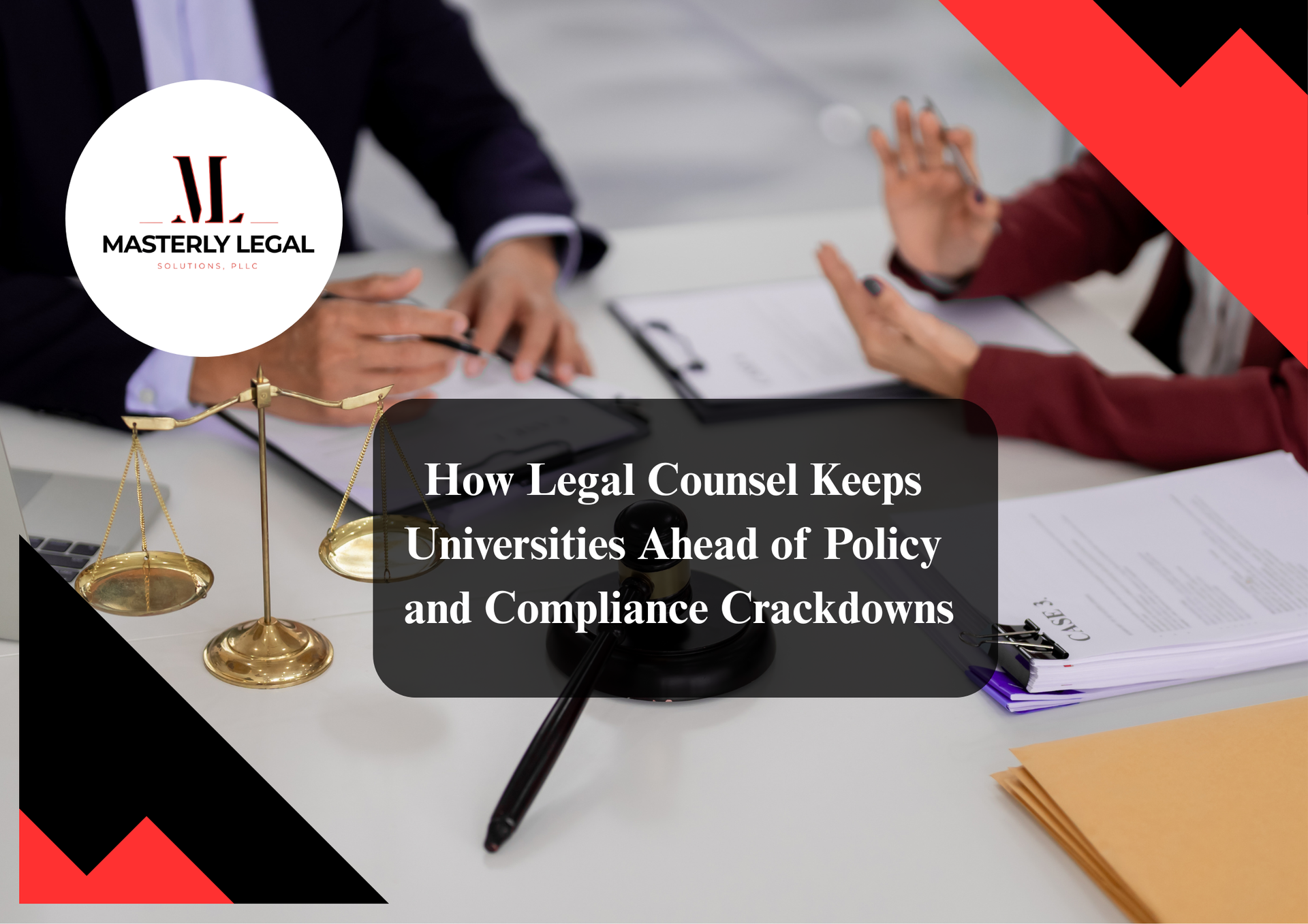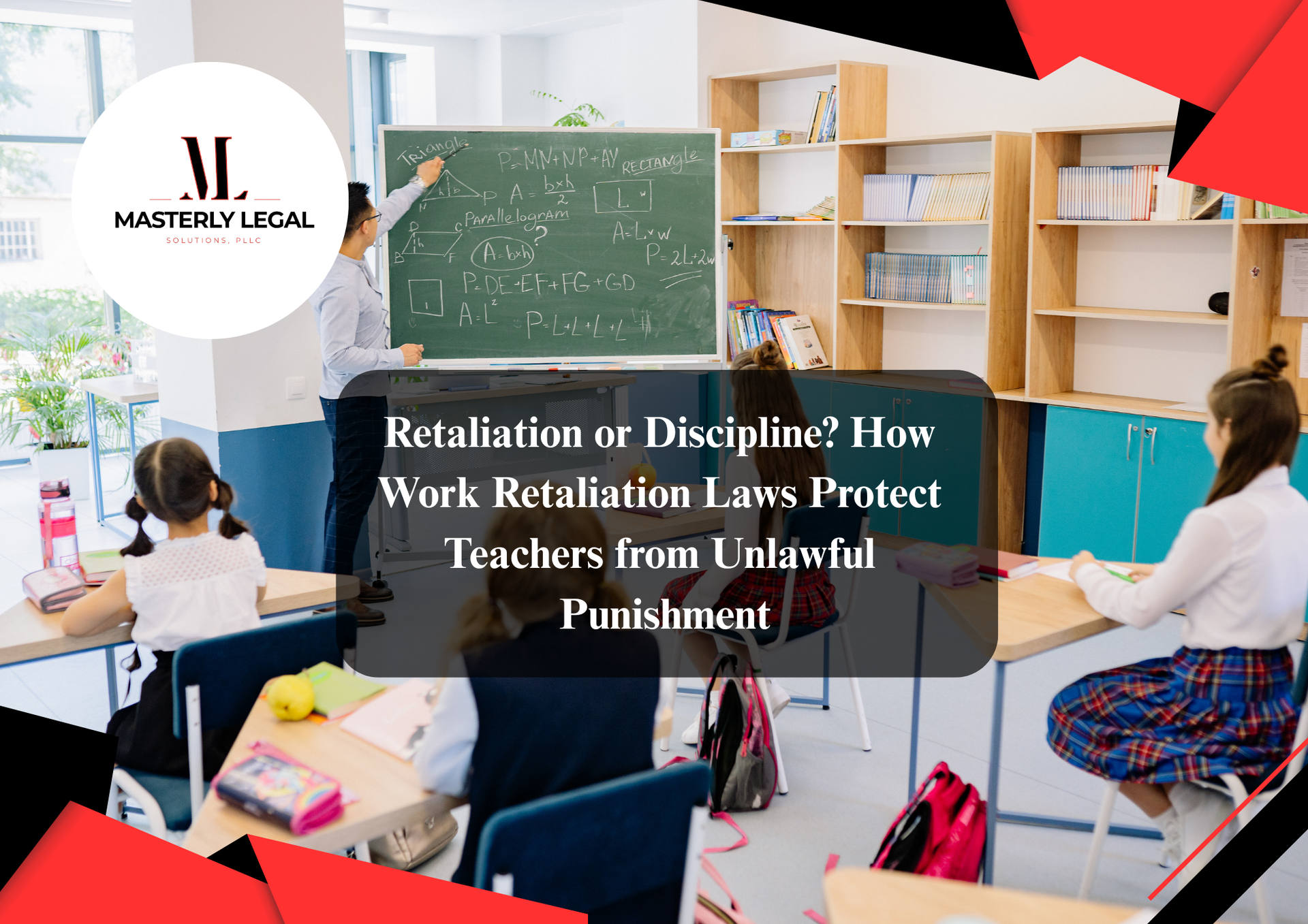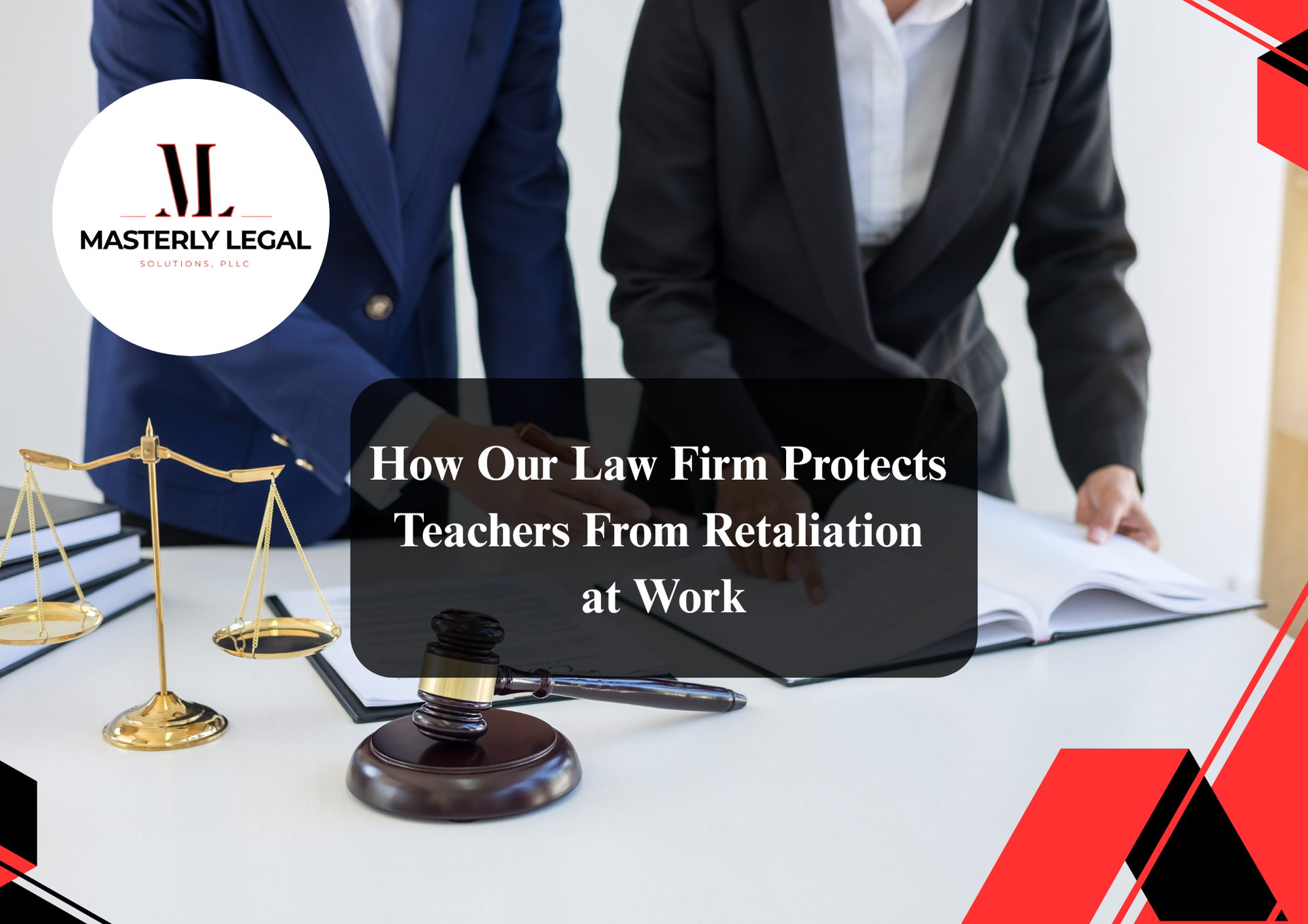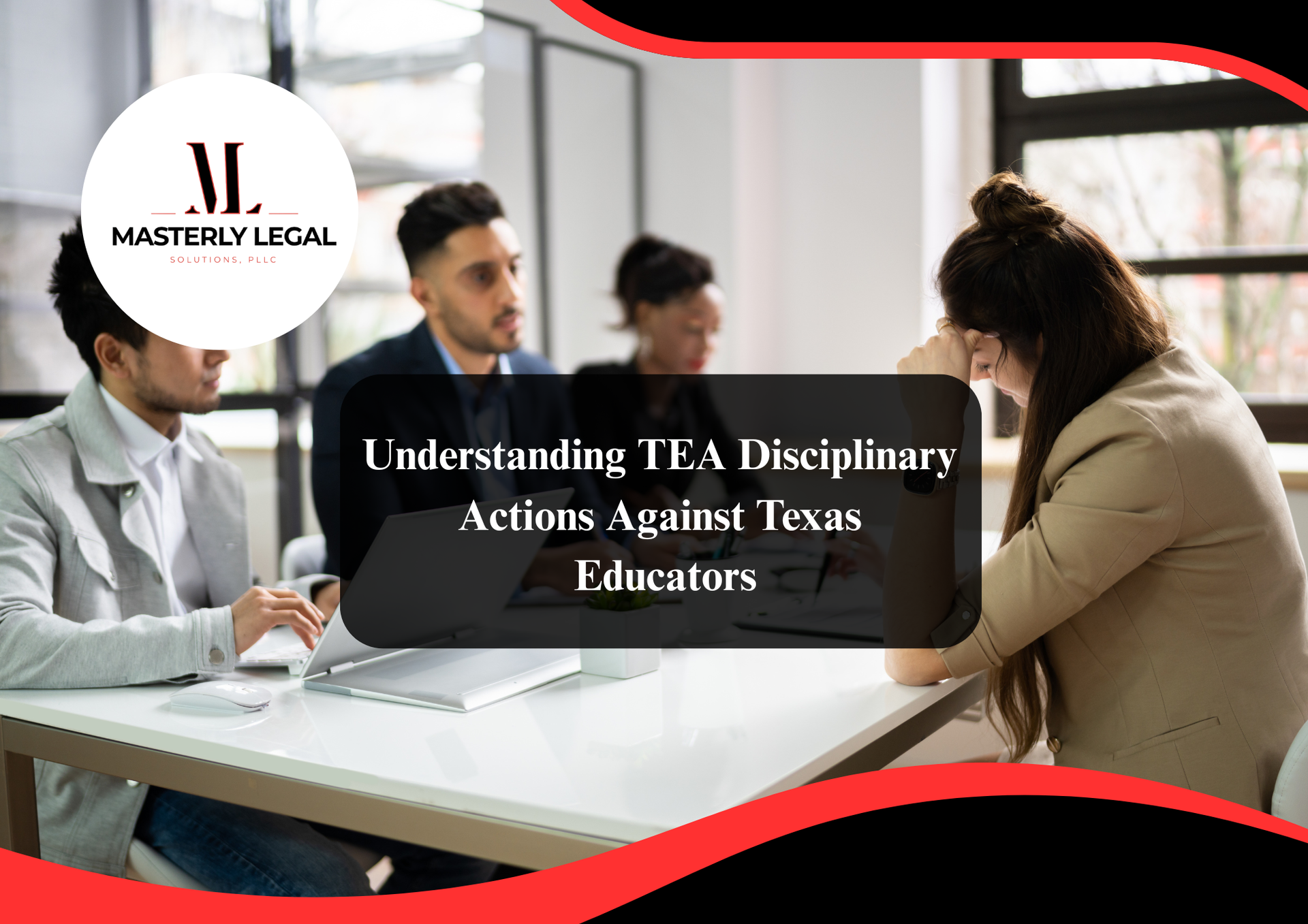The Legal Dangers of Social Media for Texas Educators Protecting Your License
The Growing Impact of Social Media on Educators
Social media has become an essential part of modern communication, but for teachers in Texas, it can also be a source of professional risk. A simple comment, a shared image, or a misinterpreted post can trigger investigations that threaten your teaching license. Many educators underestimate the consequences until they face complaints from a school district or even state regulators.
Why Texas Teachers Must Be Cautious Online
When you work in public schools, you are held to a high standard both inside and outside the classroom. Teachers are expected to model appropriate behavior for students, which extends into their online presence. A post that might seem harmless to friends could be interpreted as unprofessional by school districts. Once administrators receive complaints, they are required to review the situation.
Common Social Media Triggers for Investigations
Some types of online activity frequently result in disciplinary action against educators. Teachers should be especially careful about the following:
- Making negative comments about students, parents, or a school district
- Posting or sharing images that could be considered inappropriate
- Engaging in online arguments that escalate into harassment claims
- Friending or messaging students on personal accounts
- Discussing confidential school matters publicly
These behaviors may seem minor at first, but they can lead directly to investigations and disciplinary cases that put your career at risk.
The Role of Public School Districts in Monitoring Conduct
Public school districts in Texas are becoming more aggressive in monitoring the online activity of employees. Administrators are aware that a teacher’s social media presence can reflect on the entire district. When a concern is raised, they often treat it as if it were an incident occurring in the classroom.
Public Schools and Higher Expectations
Teachers working in public schools face higher levels of scrutiny than many other professionals. Because educators are trusted with students, school districts take any potential misconduct seriously. Even when a post was made outside of school hours, teachers can face disciplinary action if the district believes it undermines public trust.
Legal Consequences for Educators
The consequences of social media missteps can be severe. Some educators face suspension without pay, while others see their teaching license placed in jeopardy. In certain cases, teachers have lost their jobs entirely. Once an allegation has been raised, even if unfounded, the damage to your professional reputation can be long-lasting.
Why You Need a Teaching License Defense Attorney
When your license is at risk, the support of a teaching license defense attorney is essential. An attorney understands the investigative process and can protect your rights when dealing with school districts and the state. Without skilled representation, teachers often make mistakes in responding to allegations, which can lead to harsher outcomes.
Case Examples Across States
While this article focuses on Texas, similar challenges exist nationwide. For instance, teachers in North Carolina have faced significant disciplinary actions over online activity, showing that social media risks are not limited to one state. By examining cases in other regions, educators can learn how quickly a post can escalate into a career-threatening issue.
How School Districts Build a Case
When a complaint is made, districts usually gather evidence by collecting screenshots, interviewing witnesses, and reviewing past online activity. Even deleted posts can be retrieved in many cases. Teachers should understand that once a case is initiated, the district is building a record that can be used against them in administrative hearings.
The State’s Authority Over Licenses
The Texas Education Agency has the authority to review and discipline educators based on conduct that violates professional standards. That means social media activity can affect more than your current job—it can impact your ability to teach in the entire state. Once your record reflects disciplinary action, it follows you to future positions.
Preparing for Investigations in Advance
The best strategy is to be proactive. Preparing by reviewing your social media accounts, updating privacy settings, and removing questionable content can make a difference. Teachers who work with an attorney before an issue arises are better protected if complaints occur.
Understanding the Professional Standards
Every teacher must understand the professional standards that apply to their role. These standards cover interactions with students, behavior on and off campus, and the overall expectation of integrity. Social media is viewed as an extension of the classroom environment, meaning that teachers must maintain the same level of professionalism online.
A Map of Risks Educators Should Recognize
Educators should view social media as a map of potential risks:
- Direct interaction with students online
- Posting about controversial political or social issues
- Sharing photos from parties or events with alcohol
- Commenting negatively about administrators or fellow teachers
- Engaging in arguments that can be traced back to the school community
Each of these can serve as a path that leads to disciplinary consequences.
Why Titles and Posts Matter More Than You Think
The title of a post, the words you use in a caption, and even the hashtags included can all be scrutinized. Districts often look at titles and comments to judge intent. What you believe is a casual post might be interpreted differently by administrators or parents.
Lists of Actions That May Trigger Complaints
While not every situation is identical, there are lists of actions that commonly appear in disciplinary hearings:
- Sharing confidential student information
- Posting offensive jokes or memes
- Using school logos or titles without permission
- Making personal attacks on colleagues or parents
Even when no student is directly involved, these actions can damage your standing with the school district.
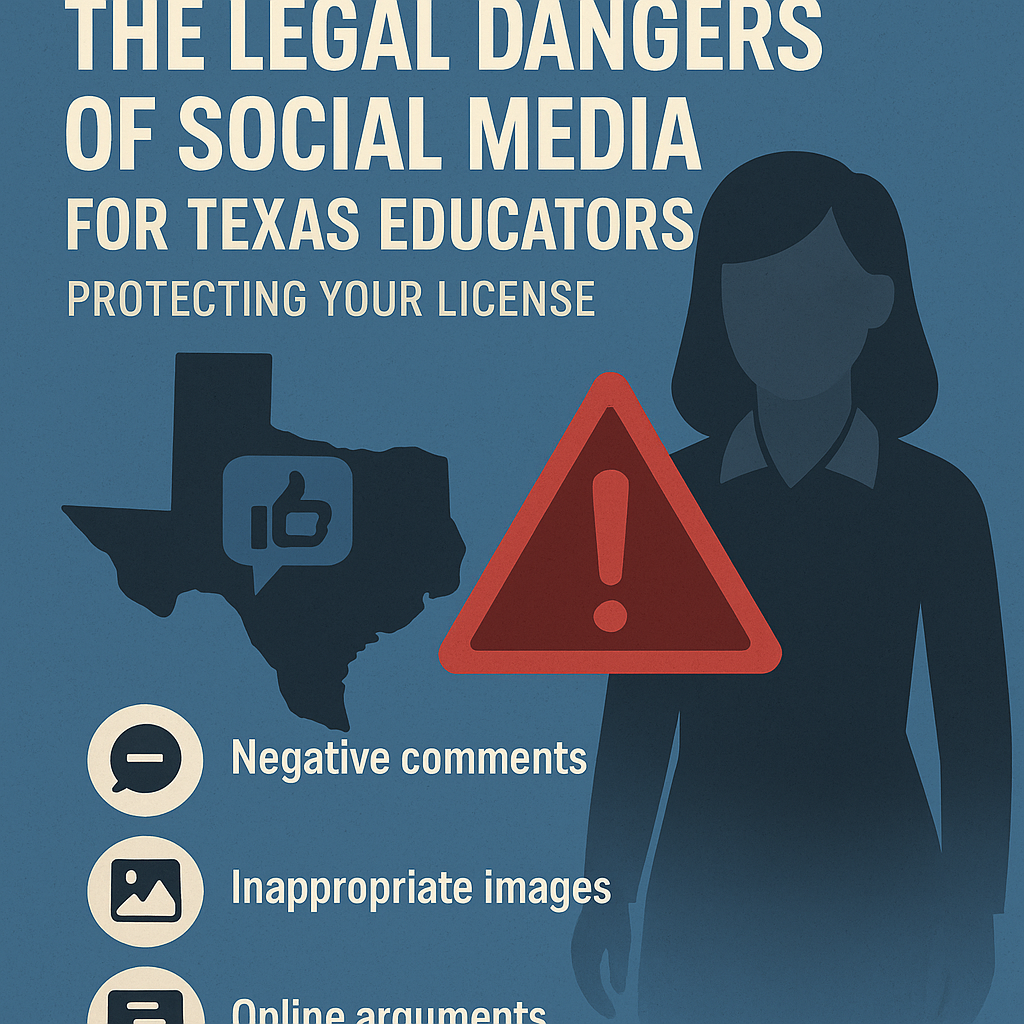
The Role of Attorneys in Protecting Educators
An experienced attorney can provide guidance at every stage of the process. From reviewing the district’s list of evidence to preparing you for hearings, legal counsel ensures you are not navigating the situation alone. Attorneys also work to negotiate with districts, sometimes preventing escalation to state-level action.
When the Public Gets Involved
In some cases, social media posts attract attention from the public, including local media. Once a situation becomes public, the school district feels pressure to act swiftly. This often leads to harsher disciplinary actions, as districts try to protect their reputation within the community.
Preparing Your Defense Strategy
A strong defense requires preparation. Teachers should gather their own evidence, including timelines, communications, and context for the post in question. Working closely with a firm that understands educator defense allows you to create a clear strategy before meeting with district officials or state regulators.
Protecting Your Future in Education
Your teaching license is the foundation of your career, and it must be protected at all costs. Social media issues may feel overwhelming, but with the right attorney, your future can remain secure. By addressing complaints quickly and effectively, educators can continue to teach and provide value to their students.
Why Masterly Legal Solutions Leads in Educator Defense
At Masterly Legal Solutions, our firm is committed to protecting Texas educators. We understand how public school districts handle cases and how to respond effectively. With experience in both administrative hearings and negotiations, we ensure your rights are fully protected.
Learning from Other States
Looking at states such as North Carolina provides valuable lessons for Texas educators. Teachers there have faced discipline for online conduct that was not even connected to the classroom. These examples show how important it is for teachers in Texas to remain cautious.
Ensuring You Are Protected Moving Forward
The key is to ensure that your professional reputation is preserved. This requires being proactive, understanding your rights, and working with an attorney who knows how to defend educators.
How We Provide Support to Educators
Our team works to provide practical solutions for teachers under investigation. Whether you are preparing for a hearing or need guidance on avoiding future issues, we are here to help.
Lessons from North Carolina That Texas Educators Should Notice
While this article focuses on Texas, looking at other states such as North Carolina shows how quickly social media can create problems for teachers. In North Carolina, educators have faced disciplinary actions for posting personal opinions or sharing photos that administrators believed reflected poorly on their school districts. These cases highlight that social media concerns are not unique to one state and that teachers everywhere must remain cautious. By understanding how situations in North Carolina unfolded, Texas educators can better prepare for similar risks and ensure their teaching license remains protected.
Protect Your License Contact Us Today
If you are a teacher facing social media-related allegations, do not wait until the case escalates. The sooner you seek legal help, the stronger your defense will be. Contact Masterly Legal Solutions at (972) 236-5051 for a free consultation with a teaching license defense attorney. We will review your case, explain your options, and develop a strategy to protect your career. Your work in education is too important to leave unprotected—let our team stand with you.
Disclaimer: This article is for informational purposes only and does not constitute legal advice. For guidance specific to your situation, consult directly with a qualified attorney.
Looking for Legal & Business Solutions? Contact Us Now
Fill in the form or call us to set up a meeting

